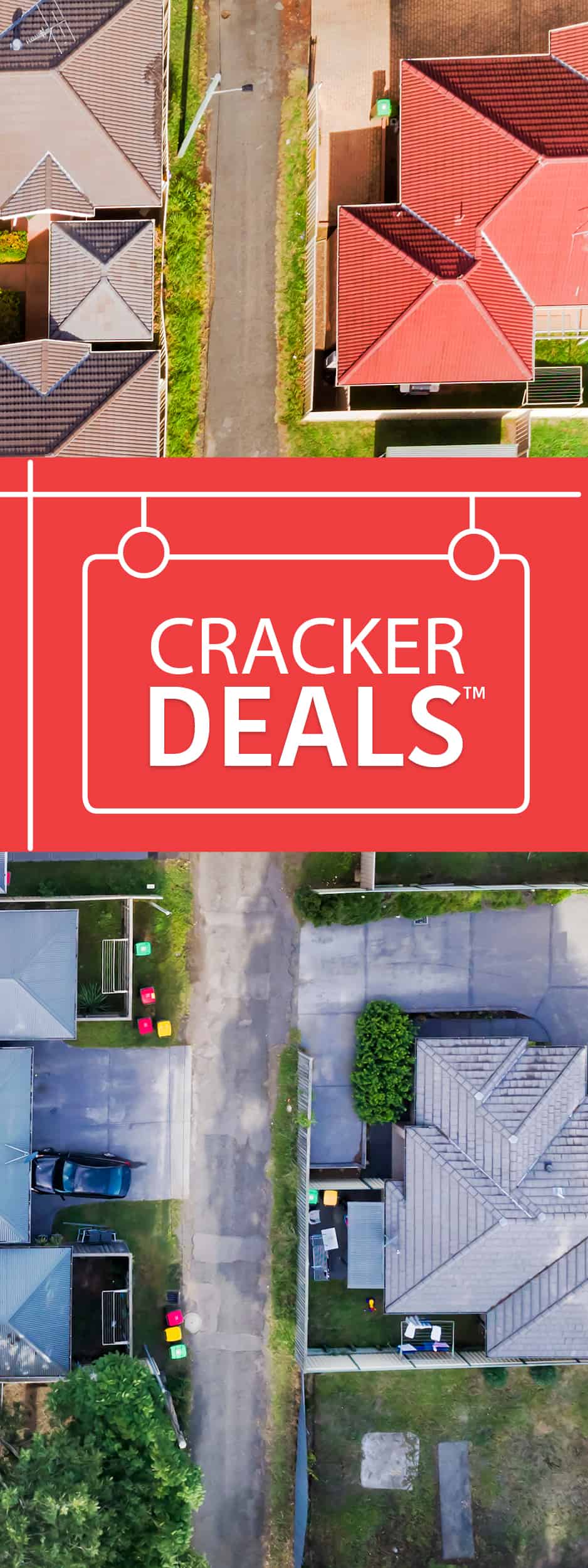- The first step is making the call.
- 1300 022 482
- hello@searchpartyproperty.com.au
How to Win at a Property Auction

Some people love Property Auctions, and some people want to run a mile. Purchasing a property, whether it’s for an investment or to live is not an everyday purchase for most people. There is a lot of emotion. Particularly if there is more than one persona involved in the purchase, for example a couple, children, in-laws, etc.
So there is already a lot going on, and then you have an auction to attend to, and you want to win at the property auction. With that, comes another level of emotion. If you have had little experience in this space, you may feel nervous and inadequate, not knowing really what the process is, and how you should manage your behaviour to achieve your desired outcome.
It’s all well and easy to say, take the emotion out of it, but it’s a massive purchase for most people, and so it’s very emotional. Even when you are trying not to be emotional, that in itself carries emotion. It takes a very experienced and self aware person to separate themselves from the act. However, this is where you want to be, to avoid reactive behaviour, that you cannot control, particularly given there is a lot of money at stake. If you cannot be this person. Then find someone that can.
PREPARING FOR THE AUCTION
Have a list of questions to ask the agent, for example:
1. What price is the owners looking for?
2. What price does the agent think it will go for?
3. How many bidders? Make sure they inform you also of online bidders?
4. How many contracts have been given out for review?
5. Ask to see the pest & building report – which should be made available by the seller.
6. Who are the types of bidders, e.g. developers, mums and dads, couples, families, singles, etc.
7. Where has the agent been previously that day and what were the results?
As you are asking questions, build rapport and also get a read on their body language. Words are just words, but do you believe what they’re saying. Listen and take it all in, so you can also tap into your intuitive self.
Do your research:
1. What are the current Auction results? How many auctions have been passed in?
2. Are the sold listing achieving the reserve, or above or below? And how much by?
3. What is the percentage of listings going to auction?
4. What is the comparable pricing for the last 12 months?
5. What are the average number of bidders attending auctions?
Questions to ask yourself:
1. What is my upper limit? Make sure you have one, or you can risk getting lost in the competitiveness of the auction, and buy something that you cannot afford.
2. Am I the best person to do the bidding? Should I get someone that is more experienced?
3. Should I be at the auction? A good question to ask if you are highly influenced by your emotions.
4. What is my Plan B if I don’t get the place? This will help you have perspective if it doesn’t work out, and also allow you to not get entirely caught up in this being the only place for you.
5. How should I conduct myself at the auction? What should I wear? How do I make the process feel natural, and not awkward? How do I keep myself centred from the start right through to the end.
AUCTION DAY STRATEGIES
Are people strategising at auctions? Is every single move part of their performance to get the outcome they want? Yes it is, particularly for the professionals. So make sure you have a game plan. Here are some things to consider for your game plan:
Do I bid early or wait? It doesn’t make much difference if you bid early or are the first bidder. It gets the ball rolling. As the auction continues, no one remembers what happened at the start. The most important is to have confident body language that insinuates you are here to do business.
Do I aggressively bid? This is a tactic that works well. It can take out other bidders early from the auction. It feels intimidating for some people, and then makes them nervous, and reluctant to want to come up against this. Some aggressive bidders even bid against themselves, to intimidate and demonstrate their ‘win at all costs’ behaviour.
Do I hide in the background? You want to create a presence so you can encourage people to pull out of the bidding early. This can be the difference between a $50,000 purchase price. So no hiding in the background. Place your stake and go for it. Just make sure you know your ceiling.
Do I wear sunglasses? Luke says yes. Not only is it good for the sun glare (!!), but it helps you maintain composure. It feels a little poker tournament, and it might be a stretch if the auction is held in doors, but it’s definitely something you should consider, so as to not give yourself away whilst also maintaining a level of seriousness.
Do I go it alone? Highly recommend that you do this on your own. The more people the more emotions to manage. The more chance of miscommunication. You don’t want to have outside influences interrupting your focus. If don’t think you can focus and do a good job, then get someone experienced to do it for you.
Staring down the bidders once you make a bid? This will bring out the cracks in their game plan potentially, making them feel wobbly and uncertain whether they can continue to bid. Based on whether they are standing strong or not.
Using phone bids? If you anticipate the auction to be hot, this is a good way to slow down the bids. Take the heat out. Give people time to change their mind. It’s like a game of tennis, where you call a time-out to throw your opponent off their game, if they are performing well.
Standing next to the auctioneer? This is an interesting tactic. It shows lots of confidence, even an affiliation with the auctioneer. You also become the centre point of focus for the other bidders. If you can carry this off, then it’s worth a shot at.
Moving over to stand next to the highest bidder? This tactic has worked every time for someone in this profession. It’s worth a try. Particularly if you have a strong presence. They may feel overwhelming and lose their focus and confidence.
What’s ‘best dressed’ look like? Smartly dressed with a tiny bit of bling, but nothing over the top. You want to give the agent a sense you have a lot of money. So they then can focus on you during the auction, and as a result, other bidders will feel like they are out of the game – just through how the agent is communicating with you through body language.
Making throw away comments during the bidding? It’s great to add humour into things, but if you want to hold a strong position, then I would advise doing this. You want the agent and the other bidders to know you are the most serious player there.
When the agent comes over to have a word? Tell the agent that You considering the position and to come back later. You don’t want to be influenced by their suggestions to up your price. You shouldn’t play to the referee in these circumstances, you should stay focused on playing your own game.
Holt the auctioneer to buy time. If you need to give yourself time then do it. Whether you need to discuss with your group or think it through further yourself than make the call. That moment can make all the difference regarding your next step.
AVOID THE AUCTION COMPLETELY
If you cannot make the auction because you are afraid you will become stressful and emotional and don’t have someone on your behalf to attend, there is a service in the market called FinalCall. It allows you to participate in any auction around the world and also bid on multiple auctions at any one time. The agent controls who is allowed to bid online. To become an online bidder, there is a verification check which is either performed by the agent or the FinalCall’s verification process. They also have live streaming.
If you want to get into property investing, it’s good to ask yourself the question whether Interstate property investing is for you. Click here, for our reasons for why you would always included interstate property in your portfolio.




